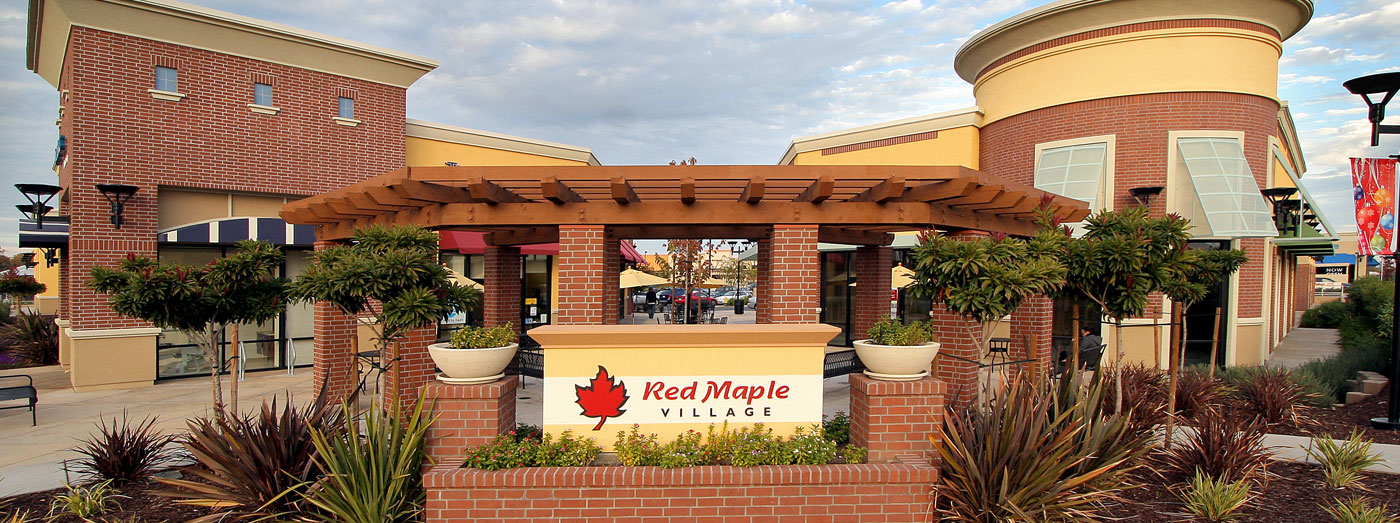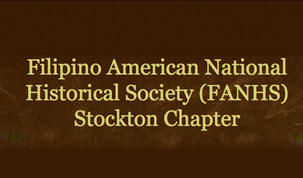In 1763, Filipino seamen established a settlement in what now is known as Louisiana. The Spanish American War made American "nationals" of Filipinos and from the early 1900's through 1935, they were free to enter the United States as long as they had the price of a boat ticket.
Waiting to be told are the stories of the descendants of those "Spanish colonial" seamen, early workers in sugar plantations of Hawaii, men who served in the U.S. Navy since World War I, women who came in the 1920s and 1930s, ambitious and aspiring college students, eager young workers who toiled in canneries in Alaska, farms in California, Oregon, Washington, Arizona, and Montana, the railroads, kitchens and restaurants, as postal workers or houseboys, the American-born second generation of pre-World War II days, war brides, and countless others who constitute the subsequent groups of immigrants from the Philippines.
Stories of the Depression, riots, and discrimination, vignettes of dance halls, gambling and other "leisure time" activities, the lodges, churches and organized Filipino communities, the process of acculturation, and the value of family are some of the information FANHS will collect and share.








